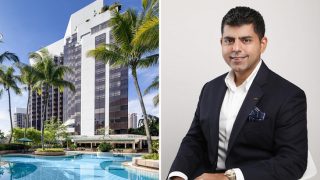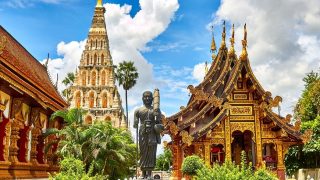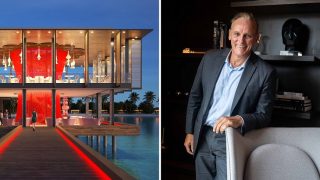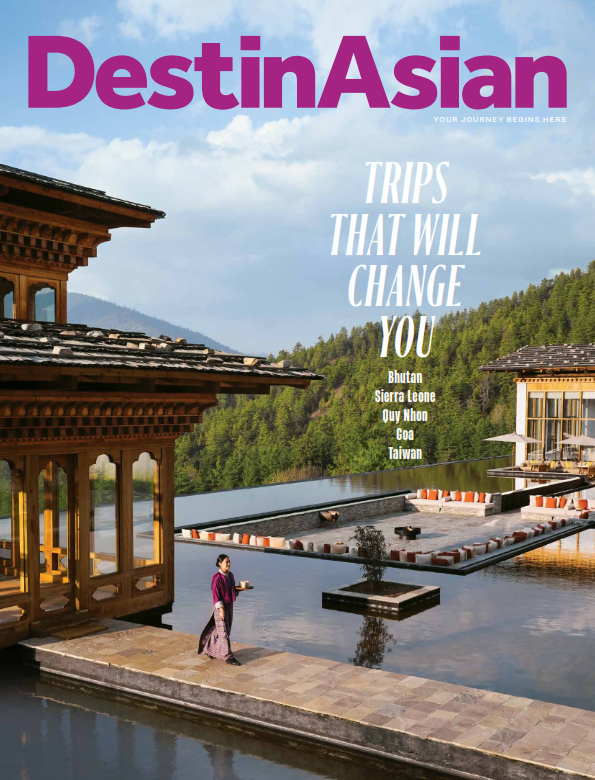A Q&A with the CEO of Minor Hotels about the road to recovery for the Bangkok-based group’s flagship Anantara and Avani brands, as well as the regional outlook for travel in the coming months.
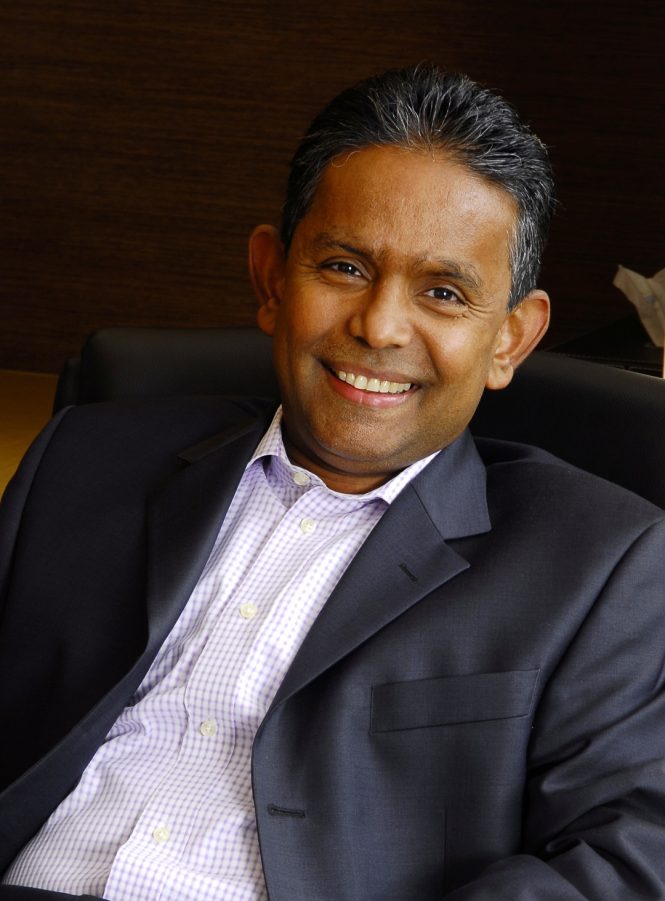
Dillip Rajakarier, CEO of Minor Hotels. (Photo: Minor Hotels)
Within Asia, which travel markets do you expect to rebound fastest?
Vietnam has already opened up and we are doing quite well there. Our Vietnamese hotels reopened [four] weeks ago and are running at about 45 or 50 percent occupancy on domestic travel. China is looking promising too. Beyond that, it will be up to the individual governments as to when we can start taking guests again. And we won’t open all our hotels at the same time. In Bangkok, for example, we have quite a few hotels, but we’ll start by opening just one or two. It’s going to be a staged process.
What are the prospects for inter-regional travel in Southeast Asia?
It’s expected that the first regions to rebound will be Southeast Asia and Asia-Pacific. Bilateral agreements between governments will be key; if you look at the UK today, people flying in from Ireland don’t have to quarantine. Once similar arrangements kick in here, I’d expect to see travel coming in from Singapore, Taiwan, Korea, China, Vietnam, and even Hong Kong. In Thailand, we are pushing the government and the Tourism Authority of Thailand to get to some of these bilateral agreements as soon as possible. But it’s going to take time. I wouldn’t expect any big waves of travel coming into our hotels this year. Maybe if we are lucky, Q4.
How do you see the outlook for the Maldives, which relies so heavily on tourism yet has little in the way of a domestic market to fall back on?
I think in the medium term the private-island experience will regain a lot of focus from prospective travelers, but for the time being, it’s going to be tough. We operate five properties in the Maldives, and don’t see any recovery until September. High-end travelers flying in by private jet will happen first; we’ve already had a few inquiries from countries like Russia about renting out entire islands.
What trends do you see for post-Covid travel?
We expect travel in the initial recovery period to be mostly purpose-driven high-end tourism, or what you might call experiential travel. One of the bigger components of this will be health and wellness, a segment in which the length of stay is much longer than your normal five- to ten-day leisure stays. This is going to be a major driver for us, and thankfully we recently joint ventured or partnered with some of the world’s bigger wellness providers. Together with Singapore-based healthcare group Verita, we will be launching a global network of integrated, property-based health centers that will offer all sorts of treatments—detox, weight loss, stem-cell and IV therapies. The first center will open at Anantara Riverside in Bangkok within the next month or so; it will be a 700-square-meter facility focused on longevity and diagnosis. Our Avani brand has meanwhile partnered with a company out of India, VLCC, to create in-house clinics that will provide wellness and beauty services, including Ayurveda and dermatology. And in Q3 this year, we’re also launching Clinique La Prairie Aesthetics & Medical Spa at our St. Regis hotel in Bangkok.
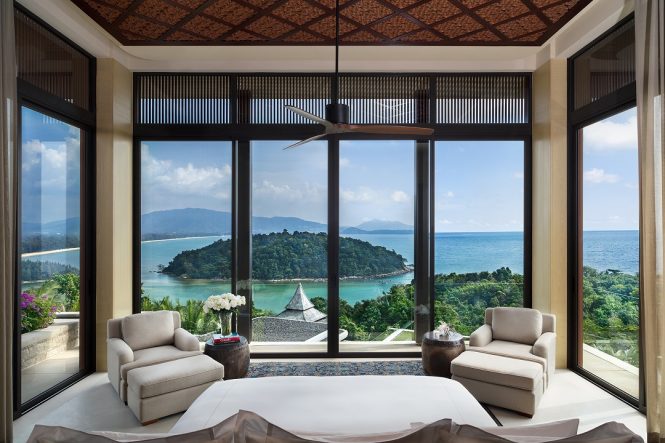
A bedroom at Phuket’s Layan Residences by Anantara. (Photo: Minor Hotels)
Some Anantara properties include residences. How have these fared during the crisis?
That segment has done really well for us. At the Anantara Layan in Phuket, for example, all the residences have been occupied, even though the hotel was shut. These are very high-end guests, paying US$7,000 or $8,000 a night. Some are families who’ve been stranded, so we provided private tutors for the children so that their studies wouldn’t be interrupted. They are very safe environments, and we plan to promote them more across all our other hotels when things get back to normal.
Will discounted room rates be part of Minor’s marketing strategy to entice guests back?
As hoteliers, we have to be careful. The demand for accommodation is going to be less and everyone is going to be fighting for that, but at the same time, at the high end of travel, we need to make sure that we maintain our standards and services. We cannot get into a price war, because those are very difficult to come out of. Instead, we’re looking at a value-add strategy, which is what we’ve done successfully in Vietnam—creating packages that add in spa treatments, experiences, and other components.



